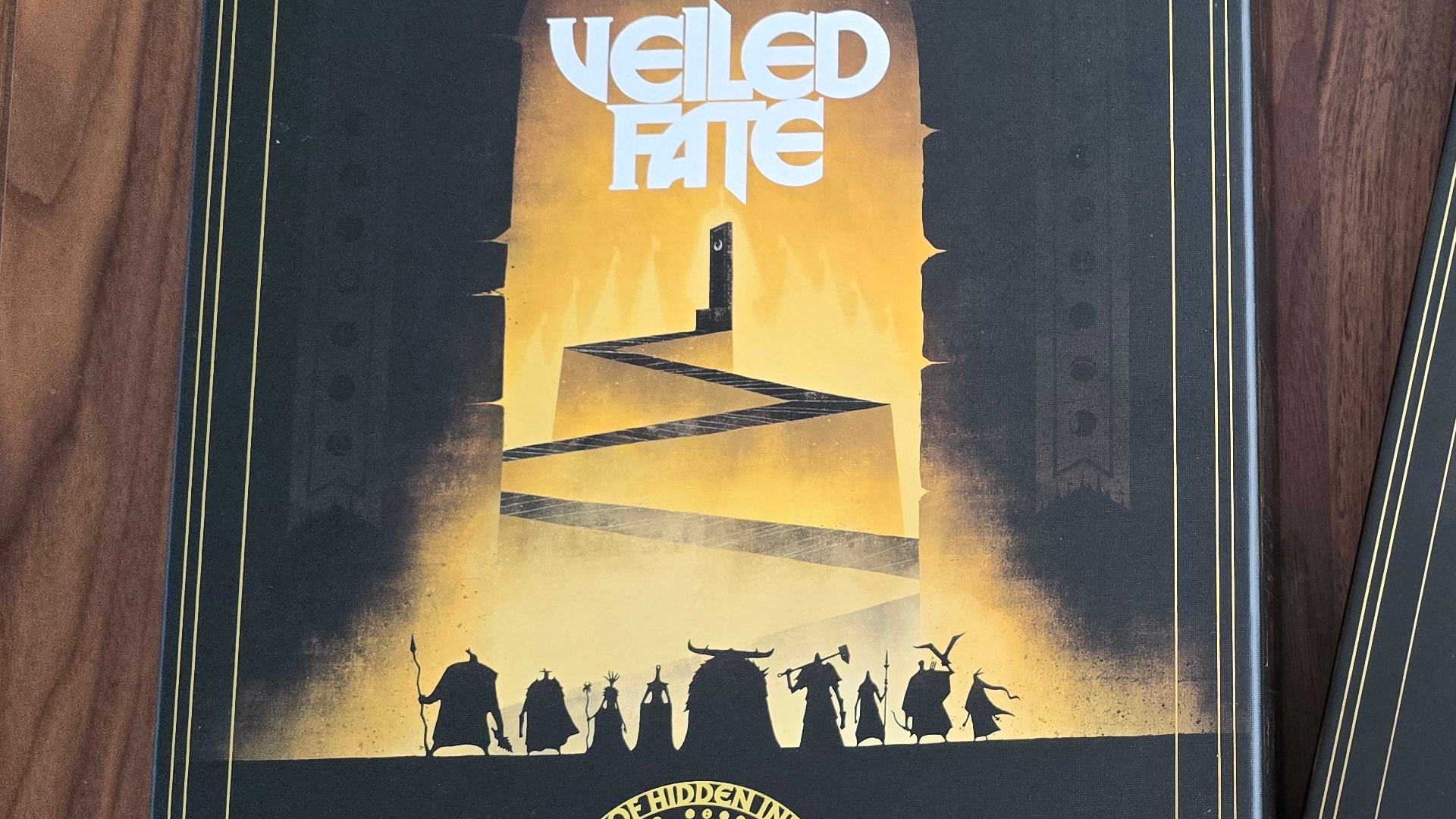Why you can trust GamesRadar+
Besides the bleedin’ obvious, the humble typewriter has many uses. James Caan used one to brain Kathy Bates in Misery; Peter Weller got advice from his in Naked Lunch; while the antique Corona model in Jagged Edge helped Glenn Close identify the murderer. To the best of our knowledge, however, we can’t remember one ever being used as a musical instrument. In Dario Marianelli’s score for Atonement, though, the sound of typing is a constant refrain – an insistent, nagging interloper forever intruding like a beggar at the feast. Since Joe Wright’s film was adapted from Ian McEwan’s novel, you could read this as a pointer to its literary pedigree. Given the role a saucy letter plays in the romance between wealthy ’30s socialite Cecilia (Keira Knightley) and her housekeeper’s university-educated son Robbie ( James McAvoy), it could also be a harbinger of doom.
More than either, however, it conveys that what we are seeing is a fiction: a narrative sculpted by an invisible, omniscient author capable of revealing and withholding details as he or she sees fit. Is that author McEwan himself? Obviously. But it’s also Briony (Saoirse Ronan), Cecilia’s imaginative younger sister whose misunderstanding of her relationship results in its ruin and Robbie’s disgrace.
Set on one sultry summer day at Cecilia’s stately residence, Atonement’s first part plays like Gosford Park crossed with Rashômon: a hothouse drama in which Briony’s confused viewpoint on the lovers’ encounters are replayed from their sensual perspective.
In demonstrating how innocence can breed calamity, though, adapter Christopher Hampton also recalls The Fallen Idol, albeit with a shocking act of thwarted child abuse taking the place of a suspected murder. Thanks to Briony, Robbie stands accused – and the movie spends its remainder unravelling that fateful turn of events, from the war-ravaged wastes of northern France to Blitzed-out London, through to a modern-day coda featuring Vanessa Redgrave as the elderly Briony explaining her contrition to a television interviewer (off-puttingly played by Anthony Minghella). To say more would detract from that final epilogue’s impact. Suffice to say, if you’re not wiping at least one tear away by the credits, you’re made of stone.
The cast (mostly) measure up to the material. Whether vamping in a ballgown, sunning herself in a bathing suit or emerging soaked from a garden fountain, Knightley’s sizzling allure has never been better captured. Meanwhile, McAvoy broods for Blighty as the wronged hero, the cocksure confidence of his opening scenes giving way to a haunted, chilling vacancy. Only Romola Garai disappoints, her quivering turn as the 18-year-old Briony coming a poor third to Ronan’s febrile intensity and Redgrave’s quiet dignity.
Part costume drama, part war epic, Joe Wright's follow-up to Pride %26 Prejudice is above all a touching love story with a potent sexual charge. Some viewers may feel cheated by the ending, but fans of the novel won't be disappointed.
Bringing all the latest movie news, features, and reviews to your inbox
The Total Film team are made up of the finest minds in all of film journalism. They are: Editor Jane Crowther, Deputy Editor Matt Maytum, Reviews Ed Matthew Leyland, News Editor Jordan Farley, and Online Editor Emily Murray. Expect exclusive news, reviews, features, and more from the team behind the smarter movie magazine.


